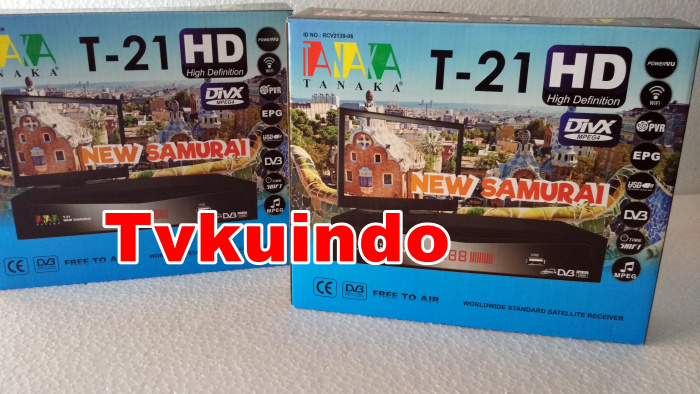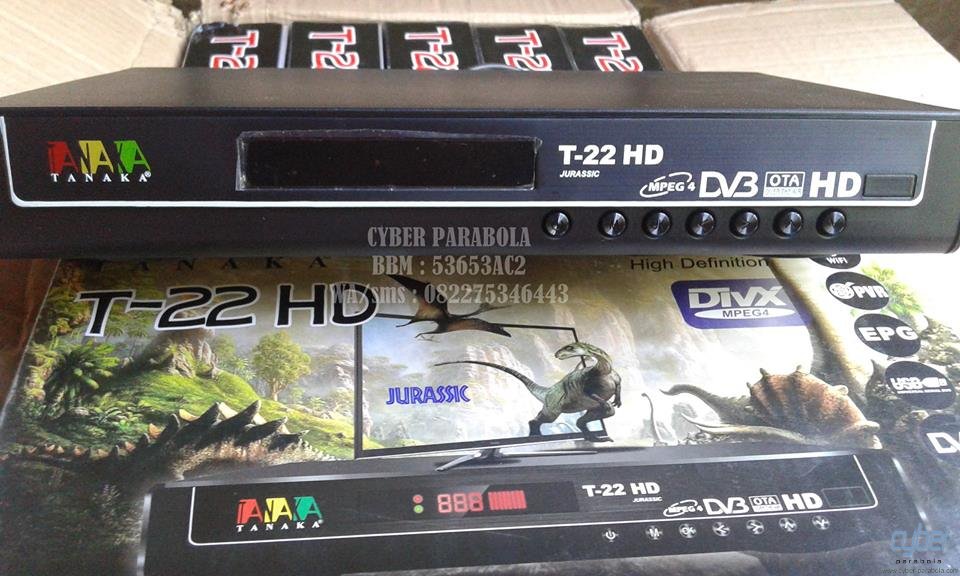

However, Namco were interested in investing into Monolith Soft as a dedicated subsidiary, whilst handling logistics and marketing so that the core staff could focus on game development. Takahashi and Sugiura approached multiple companies for support, but most of the companies they contacted outright rejected their offer as they believed that Monolith Soft should be an independent company. When planning their new company, Takahashi and Sugiura decided that they needed a publisher with substantial market presence to help them rather than being an independent studio. After discussing the matter, the two decided to create their own company and pursue projects they wanted to create.

In 1999, Takahashi talked with Hirohide Sugiura, who had likewise worked at Square and was beginning to feel frustrated due to a lack of creative freedom. This left Takahashi with no funding or creative room to develop further independent projects or continue his planned Xenogears series. Following the release of Xenogears, Takahashi became dissatisfied with Square's business approach at the time, which prioritized their major intellectual properties including Final Fantasy. Takahashi also wrote the script with Tanaka. Takahashi's ambition and drive prompted Final Fantasy creator Hironobu Sakaguchi, then Executive Vice President at Square, to appoint him as director. Following their work on Final Fantasy VI, Takahashi and Tanaka created a proposal for Final Fantasy VII while deemed too dark for the Final Fantasy series, they were allowed to develop it as their own project titled Xenogears. While at Square, he and his wife Kaori Tanaka (also known as Soraya Saga) would contribute to the development of multiple games including entries in the Final Fantasy series.

Monolith Soft was founded by Tetsuya Takahashi, a developer who had previously worked at Nihon Falcom and later at Square, in which the latter was merged into Enix in 2003 to form Square Enix. The company is also notable for its focus on promoting a comfortable working environment with little to no overtime in contrast to the majority of other Japanese game developers, alongside collaborating with other studios and companies.

The company's stated goals are to create projects with wide creative freedom and to allow younger developers to contribute to these projects. The design approaches of Monolith Soft have shifted over its lifetime, with early games such as Xenosaga and Baten Kaitos being distinguished by a narrative-heavy approach, while later games have focused more on gameplay. Its main studio is in Meguro, Tokyo that produces the company's original video game properties the secondary Nakameguro GS and Osaki Studio similarly based in Tokyo, and a studio in Kyoto with mainly artists as its employees, which acts as an assisting developer for both Monolith Soft and for some Nintendo games. As of 2019, Monolith Soft operates four studios. While several of its games have released on the PlayStation 2, the majority of its games have released on Nintendo platforms. In addition to the Xenosaga series, Monolith Soft worked on other projects including Baten Kaitos and Namco × Capcom, the precursor to their later Project X Zone series, along with assisting on projects from other developers. Multiple Square staff would join Takahashi at Monolith Soft including Hirohide Sugiura and Yasuyuki Honne. Their first project was the Xenosaga series, a spiritual successor to the Square-developed Xenogears. The company was founded in 1999 by Tetsuya Takahashi with the support and cooperation of Masaya Nakamura, the founder of Namco.
#SOFTWARE TANAKA FUTURE HD SOFTWARE#
Monolith Software Inc., trading as Monolith Soft, is a Japanese video game development studio originally owned by Namco (later Bandai Namco) until being bought out by Nintendo in 2007.


 0 kommentar(er)
0 kommentar(er)
